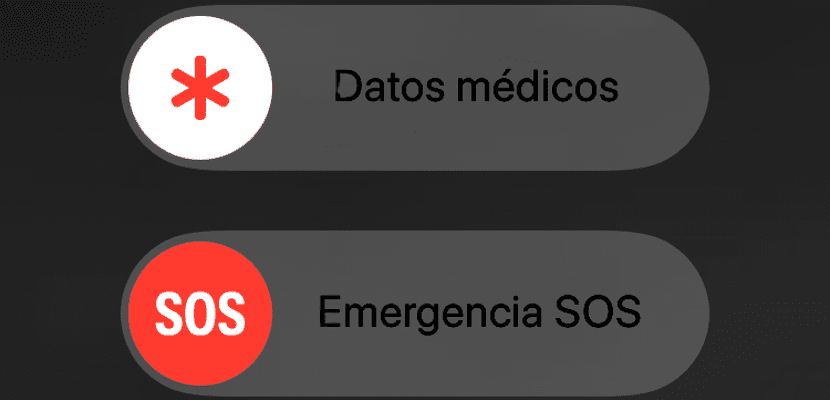
We have spoken on many occasions about the importance that companies give to security of our devices. A security that is justified by all data we store on our devices, and is that in the end we carry them throughout our day and we are all interested in protecting our data, our photographs, our information itself.
And as we are testing all versions iOS 11 beta, we are seeing new security settings for our mobile devices, new options to achieve the safest operating system in the world. And it is that apart from all this, there is already talk of new unlocking methods such as facial unlocking on the next iPhone 8 (or iPhone 7s), and now we see that the new iOS 11 allows us to momentarily disable Touch ID. After the jump we give you all the details of this new security feature of iOS 11.

If you look at the photo that heads this post, now we just have to press 5 times in a row the power button of our iPhone (the one on the right side or at the top) to show us various sliders among which we will find: the slider for delete of our device, the slider to access our medical data, or the slider of SOS emergency with which to make a call to the emergency services (112 or 911 will be selected depending on where we are).

But the interesting thing is that once we access these Sliders pressing the power button 5 times in a row, we will see how Touch ID is disabled of our device (as you can see in the previous screenshot), that is, accessing this emergency menu will deactivate the Touch ID of our device and then we will have to enter the code to be able to unlock our device. New security options that undoubtedly make our devices much safer.